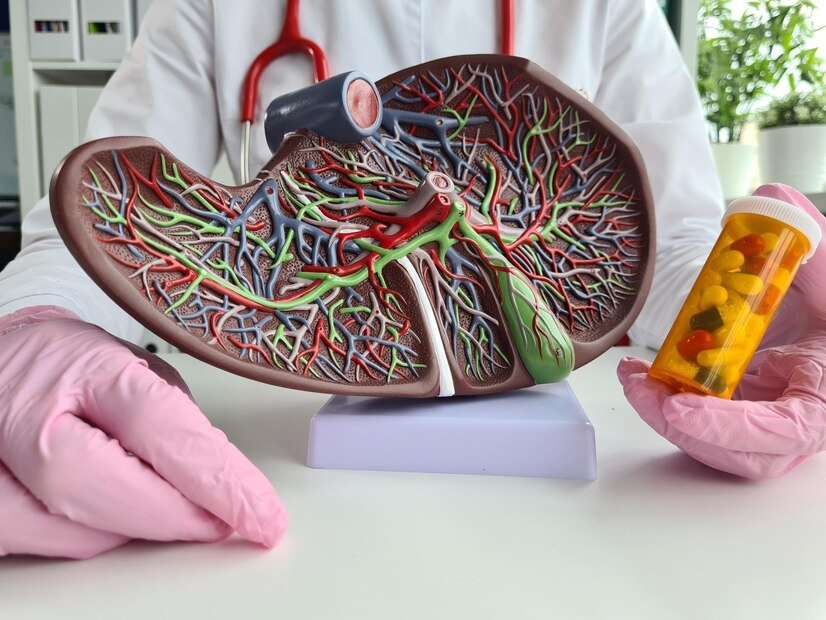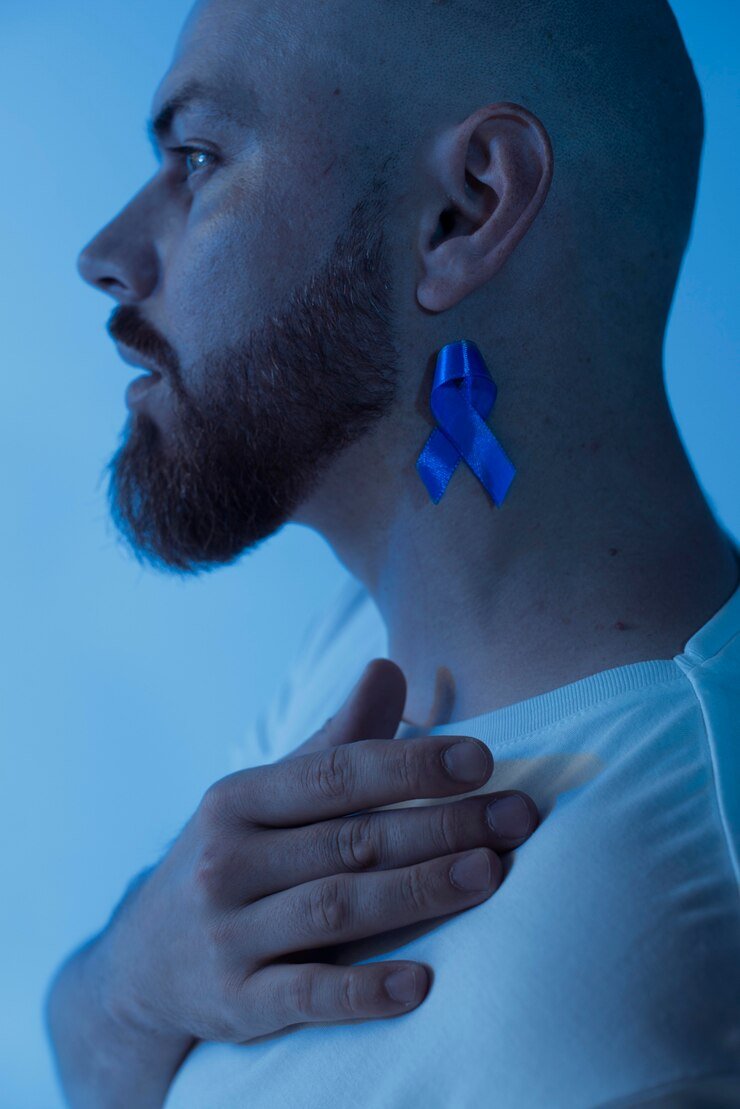Survivorship And Quality Of Life Issues In Gastrointestinal Cancer Patients
Surviving gastrointestinal (GI) cancer marks the beginning of a new chapter for patients, often accompanied by a myriad of physical, emotional, and social challenges. While advancements in diagnosis and treatment have improved survival rates, addressing survivorship and enhancing quality of life (QoL) is paramount. This article explores the multifaceted aspects of survivorship and the strategies to improve GI cancer survivors’ well-being.
To Know More About It Please Click Here
Physical Challenges
Gastrointestinal cancer and its treatments can leave lasting physical effects, including fatigue, gastrointestinal issues, neuropathy, and changes in body image. Patients may struggle with digestive problems such as nausea, diarrhea, or difficulty eating, impacting their nutritional intake and overall health. Managing these symptoms through medication, dietary adjustments, and rehabilitation programs can significantly enhance physical well-being.
Emotional and Psychological Impact
The emotional toll of a GI cancer diagnosis and treatment journey can be profound. Patients may experience anxiety, depression, fear of recurrence, or post-traumatic stress disorder (PTSD). Coping with these emotions requires a holistic approach, including counseling, support groups, and interventions focusing on resilience and mindfulness. Addressing mental health needs is crucial for restoring a sense of normalcy and promoting psychological resilience among survivors.
Social and Relationship Dynamics
Surviving GI cancer can also strain social relationships and impact daily functioning. Patients may face challenges in returning to work, maintaining social connections, or participating in activities they once enjoyed. Support from family, friends, and employers is essential in facilitating the transition to post-treatment life. Social support networks, vocational rehabilitation services, and peer mentoring programs can assist survivors in navigating these challenges and rebuilding their social lives.
TO KNOW MORE ABOUT IT PLEASE CLICK HERE
Managing Long-Term Side Effects
Many GI cancer survivors grapple with long-term side effects of treatment, such as neuropathy, lymphedema, or hormonal imbalances. These conditions may require ongoing monitoring, symptom management, and lifestyle modifications to optimize health and prevent complications. Survivorship care plans, tailored to individual needs, can facilitate coordination between healthcare providers and empower patients to take an active role in managing their health beyond treatment.
Nutritional Support and Rehabilitation: Maintaining proper nutrition and physical function is crucial for enhancing QoL in GI cancer survivors. Nutrition counseling, dietary supplements, and rehabilitation programs tailored to address muscle weakness or functional impairments can help survivors regain strength and vitality. Access to supportive care services, including pain management and palliative care, is essential in addressing complex needs and promoting overall well-being.
Promoting Survivorship and Well-Being
As the number of GI cancer survivors continues to grow, efforts to promote survivorship and enhance QoL are increasingly recognized as integral components of cancer care. Survivorship clinics, survivorship care plans, and survivorship-focused research initiatives are emerging to address the unique needs of this population. By fostering collaboration between oncologists, primary care providers, and allied health professionals, healthcare systems can better support survivors throughout their journey.
Conclusion
Surviving gastrointestinal cancer is a testament to resilience and strength, but it also brings forth a host of challenges that extend beyond the completion of treatment. Addressing survivorship and enhancing QoL requires a multifaceted approach encompassing physical, emotional, social, and practical aspects of care. By providing comprehensive support and resources tailored to individual needs, healthcare providers can empower GI cancer survivors to lead fulfilling lives beyond cancer.








